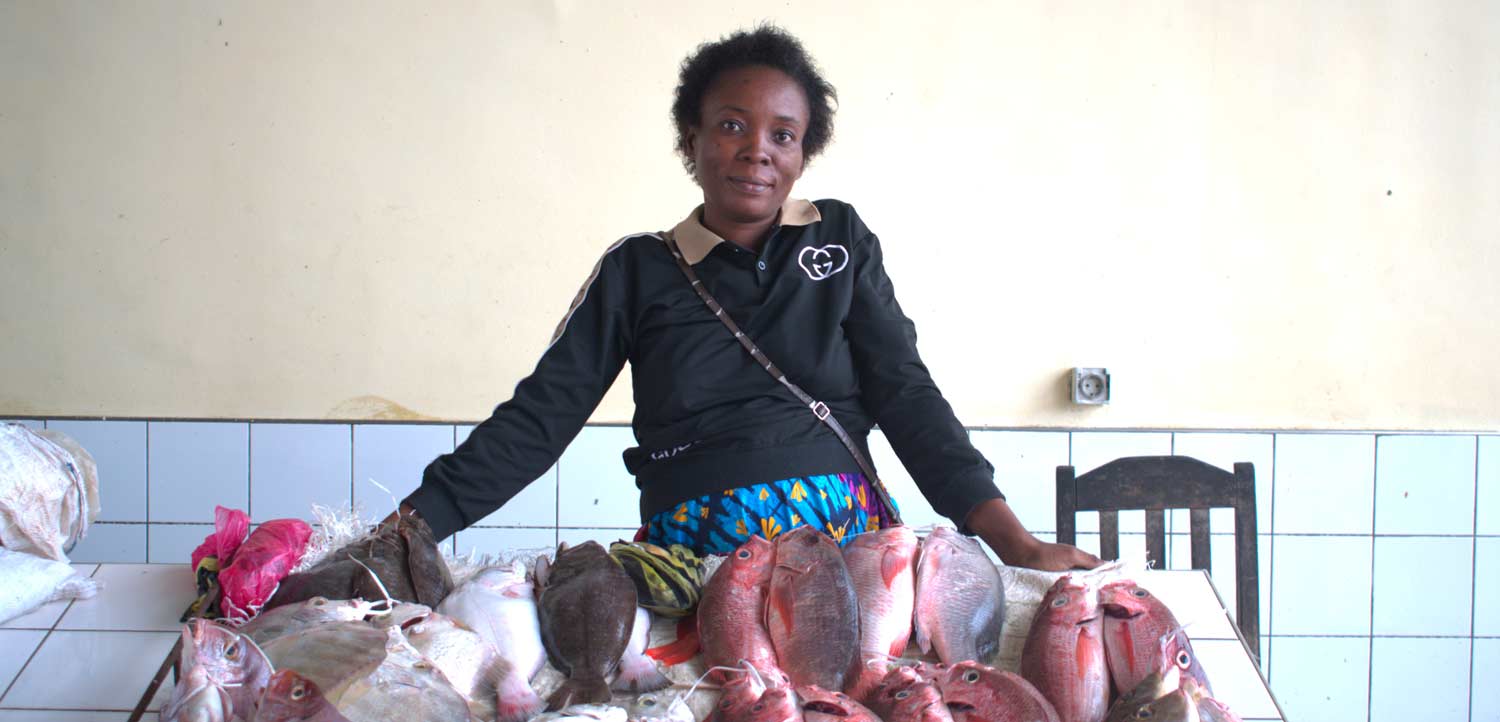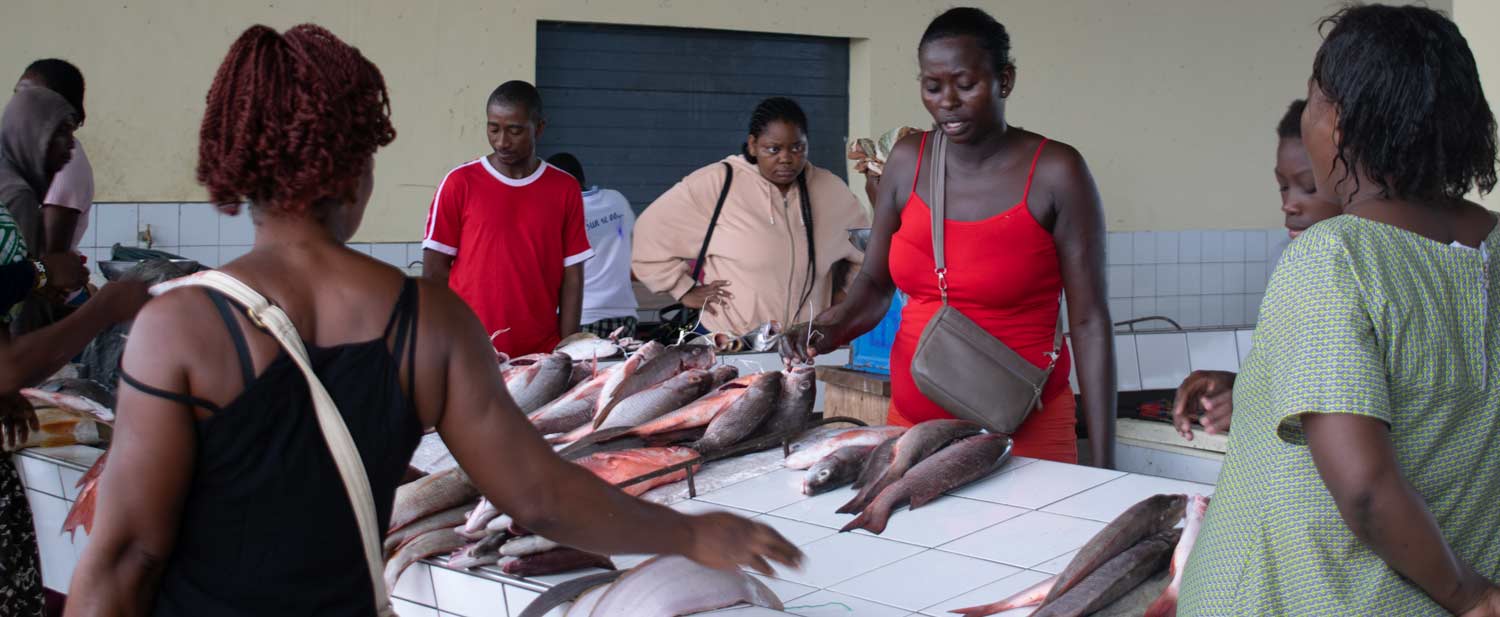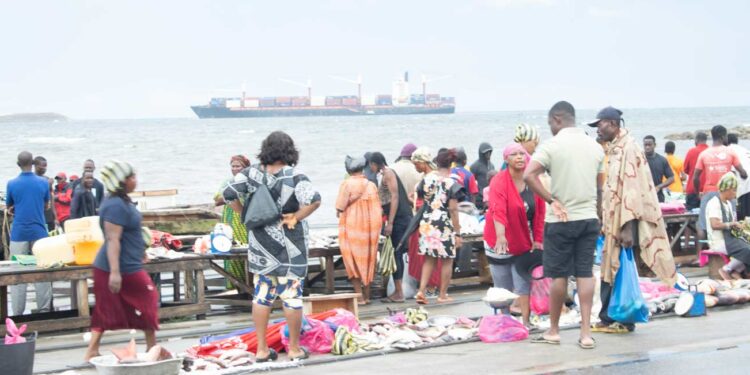On the shores of the Atlantic Ocean, where the waves crash forcefully against the coast, a fishing market has transformed from a simple point of sale into a symbol of change. The renovated Ekuku-Bata fishing complex, inaugurated in March 2024, is much more than just infrastructure: it is a space of hope, opportunities, and a more promising future for thousands of Equatoguineans who rely on fishing for their livelihood.
With an investment of 55 million euros and a projected increase of local fish production by 19,126 tons, the project aims to reduce dependence on imports and strengthen the country’s fishing self-sufficiency. Since its rehabilitation, the Ekuku-Bata market has completely renovated the working conditions for local vendors, who now enjoy a dignified, organized, and, above all, safe space.
AfDB allocates $4.8 Million to transform Capital Markets in Africa
The first image that greets visitors is of a group of women working diligently in the rain. They are the ones who ensure that freshly caught fish, shellfish, and lobsters reach the tables of Equatoguinean families. Under the new roof of the market’s 57 stalls, these women have found a solid foundation for their businesses. “Before, I sold on the ground without protection. Now, I know my goods are safe, even when I can’t go out to sell,” says Honorine Badifouma, one of the market’s veteran vendors.
From early in the morning, the market comes to life. As the sun timidly peeks through the gray clouds, women adjust their merchandise in the stalls, cleaning and arranging the products in wicker baskets, where the fish still twitch, fighting to escape their fate. The tension in the air is palpable, but so is the satisfaction of a job well done.

Honorine is just one of many women who, thanks to the market’s renovation, has seen a significant improvement in her living conditions. “My mind is at peace now. When I get home and haven’t sold everything, I know my fish is safe in the market’s refrigerators,” she says with a smile that reflects the relief and calm that comes with this new infrastructure. Throughout her life, Honorine has gone from selling coffee on the streets to becoming a fish businesswoman, supporting her family through her trade. The improved working conditions have not only alleviated her fears of losses due to bad weather but have strengthened her hope for a more stable future for her children.
The Ekuku-Bata rehabilitation project is not limited to modernizing the market. It also includes a comprehensive approach that covers the entire fishing sector’s value chain. This involves strengthening artisanal fishing, creating aquaculture centers, and improving industrial fishing, with the goal of producing over 10,000 tons of fish in the coming years. The construction of new aquaculture centers in various locations such as Ebibeyin, Mongomo, and Micomiseng is a commitment to sustainability and long-term growth.
Additionally, the initiative includes improving basic infrastructure in nearby communities. A total of 51 solar-powered drinking water wells have been installed in 34 villages within the project’s area, ensuring clean water access for thousands of people who previously depended on unreliable sources. Latrines have also been built in schools in these villages, improving sanitary conditions and the health of local residents.
What truly sets the Ekuku-Bata project apart is its comprehensive approach. The market’s renovation has not only provided improved physical space but also boosted the well-being of families and communities who depend on the sea. “This market is just the starting point for much greater change,” says Mariano Micha Massa Nsegue, the project’s national coordinator. “By strengthening the entire fishing sector, we are securing the future of many Equatoguinean families and contributing to the self-sufficiency of our country.”

As the market continues to thrive with the energy of vendors who strive daily to keep their traditions alive, it is clear that Ekuku-Bata has become much more than a simple commercial center. It is a symbol of resilience, female empowerment, and an Equatorial Guinea that is advancing toward a self-sufficient future. With every wave that crashes against the shore, the market continues to grow, as do the hopes of a country striving to build a stronger and more sustainable economy.









